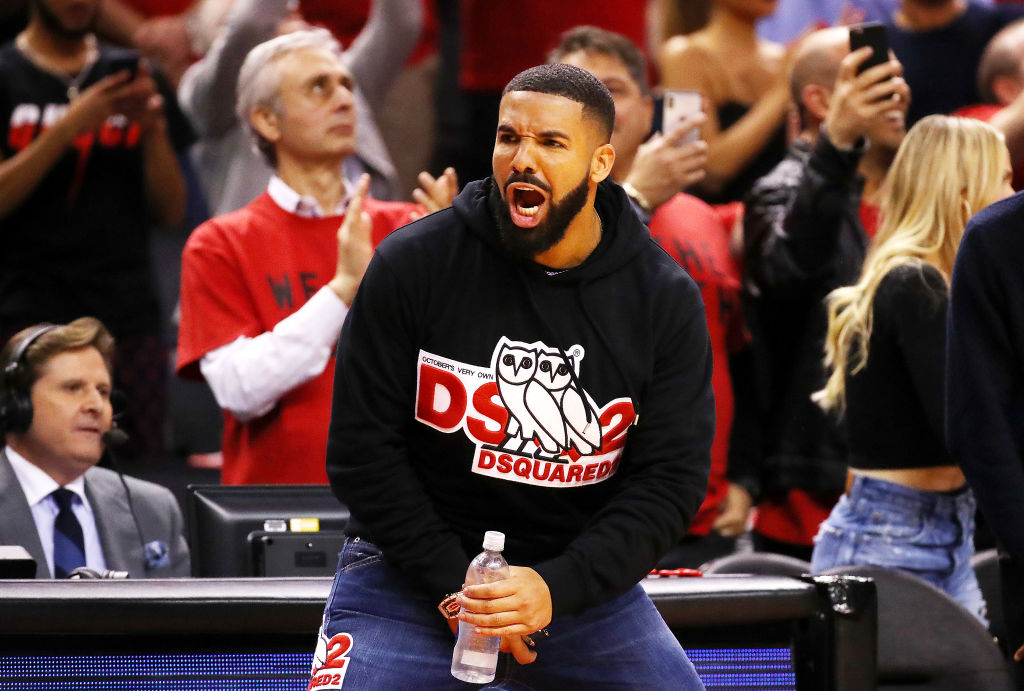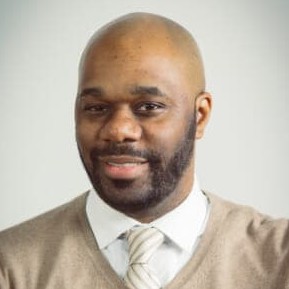TheGrio dissects Drake’s lyrics to diagnose the source behind his growing habit of sending superfluous disses toward women and his unchecked venom aimed at talking heads in the media.
Millions of people would trade places with Drake. And why not? He achieved his 12th No. 1 on the Billboard Hot 100. He has more top 10 hits on the chart than any artist in history. Eight of his solo albums are certified platinum or more; he has millions of fans worldwide and more money than the average person can imagine.
So, what is making Drake so angry these days?
This is not to say that money and success can buy happiness. The history of Black musicians injecting their personal feelings and trials into their art is long and intense.
In Drake’s case, however, much of his angst stems from insecurity and fragility regarding his music and relationship with women. Much of that frustration put a chip on his shoulder when he emerged in 2009 and through his first few albums. However, only weeks shy of his 37th birthday, Drake’s pent-up ire toward women and criticism is only getting more pronounced.
On his latest album, “For All the Dogs,” Drake spit disheartening rhymes at the direction of Rihanna and Esperanza Spalding. Rihanna, a former friend and collaborator he reportedly dated, received subliminal bars, indicating that he’s moved on from her, downplaying her ability in bed. As for Spalding, the award-winning jazz bassist-vocalist, Drake recalled being upset that she bested him for the 2011 Best New Artist Grammy Award.
On his 2022 collaborative album with 21 Savage, “Her Loss,” Drake swung at Megan Thee Stallion, insinuating that she lied about Tory Lanez shooting her in the foot during the song “Circo Loco.” Also on the album, he turned his attention to another former flame, Serena Williams. During the song “Middle of the Ocean,” he called her husband, billionaire Reddit co-founder Alexis Ohanian, “a groupie.”
There are two glaring similarities between Drake’s disses toward women in his music, especially over the last two years; all the women are Black, and all the disses were unprovoked.
Why does Drake only seem to start beef with women? Like most artists, dissecting their music is often an effective way to understand how they move and feel. From the start, Drake has rhymed about the duality of falling hard for some women and treating others like they’re disposable.
Drake received praise for ushering in an era of “emo-rap,” where rappers showed more vulnerability and sensitivity on record. Drake most effectively expressed this on his 2012 album, “Take Care.” In the song “Marvin’s Room,” his drunk call to an ex-flame displayed an openness that wasn’t heard in hip-hop at the time:
“F–k that n–ga that you love so bad,
I know you still think about the times we had,
I say f–k that n–ga that you think you found,
And since you picked up, I know he’s not around
I’m just saying you could do better.”
By 2013’s “Nothing Was the Same,” Drake is confused about whether to embrace being a hopeless romantic in touch with his feelings or the guarded lothario. On a song like “Wu-Tang Forever,” he rhymes about absconding with another man’s woman: “How you feel about, comin’ home with a n–ga for the night?/If you nervous, hit the lights/I know we only f–kin’ out of spite ’cause your man don’t do you right.” But then on “Own It,” he pleads, “Next time we f–k, I don’t wanna f–k, I wanna make love.”
As Drake entered his 30s, his narrative regarding women grew more distant. On 2018’s “God’s Plan,” he infamously sang, “She say, ‘Do you love me?’ I tell her, ‘Only partly. I only love my bed and my momma, I’m sorry.’” In 2021’s “Papi’s Home,” he lets an old flame know that what they had was just a fling, and she was just another notch on his belt: “I remember that I told you I miss you, that was kinda like a mass text/I remember that I told I loved you, that was really in the past tense/I remember that I told you I get your true fears, that I get around.”
For the video for “Falling Back,” the lead single on 2022’s “Honestly, Nevermind,” Drake gets married to over 20 women in one ceremony. This visual further illustrates that he has no intention to settle down with one. Considering the material that finds him lamenting about the women who broke his heart and his pension for one-night stands, it’s unsurprising that he gets increasingly disrespectful toward women.
In contrast, almost all of Drake’s disses toward men are always reactions to receiving an initial diss. Attacks from MCs like Meek Mill and Pusha T certainly warrant responses on wax from Drake.
For this new album, “For All the Dogs,” Drake has even more anger toward some of the media’s talking heads, Charlamagne Tha God and Joe Budden, than he does for rival rappers. And like his disses toward women, his anger at his male opps escalates.
Drake’s past expression of anger toward his critics and peers started out as passive-aggressive responses, like when he tried to downplay Kendrick Lamar’s infamous verse on Big Sean’s “Control.” Or when he spoke in interviews with LeBron James’ “The Shop” and the “Rap Radar” podcast about Pusha T’s “The Story of Adidon” diss, revealing Drake had a secret son.

Charlamagne Tha God expressed his distaste for Drake’s latest single, “Slime You Out,” featuring SZA, during an episode of his “Brilliant Idiots” podcast. Drake took to his Instagram Stories to respond to Charlamagne with some emotional vitriol, writing, “you really obsessed with me or something for years like you look in the mirror and wish you saw my reflection type s–t.”
Almost immediately following the release of “For All the Dogs,” Joe Budden criticized Drake for pandering his music to a younger audience on his eponymous podcast. Again, Drake wrote a lengthy take-down of Budden on Instagram, saying that he became a podcaster because he failed as a rapper.
“You switched careers cause the things that pop into your brain had you broke living cheque to cheque, and the raps you write had 450 men showing up to your shows in dusty Enyce jeans to screw up their face to Mood Muzik 29 and pretend you are the goat,” Drake wrote.
Budden’s critique of Drake catering to a younger crowd does have some validity. Social media has significantly elevated some of his hit records, such as “In My Feelings” and “Toosie Slide.” As far as his lyrics, he has illustrated that he rhymes from a similar perspective as he did in his early 20s.
Again, Drake offers glimpses of his inner turmoil in his music. Look no further than songs like “No New Friends,” “Fake Love,” or “Fair Trade,” where he raps that he’s “losing friends and finding peace.” He’s grown tired of the criticism and fair-weather nature of support he receives from the media and his peers, only now, he’s not even wasting time putting it on wax anymore.
Perhaps, as Drake enters his late 30s, after so much consistent success, he’s viscerally reacting to signs that his unprecedented run is starting to slow. He’s just as prolific as ever, releasing four albums in over two years. However, only two albums reached platinum status, as “Certified Lover Boy” and “Her Loss” with 21 Savage, have yet to crack the one million unit mark.
The fact that Drake has no issues sending unprovoked disses toward women, subliminally or unmasked, is unbecoming, unfair, and uncaring. Add to the fact that he has so much venom for Charlamagne and Budden, people who are paid to express their opinions on music and pop culture, and waits for a man to strike first before he returns a blow, his disrespect is more pronounced.
It’s not Drake’s job to show maturity as an artist. He’s doing what works for him, just like artists from Future to Usher, who have accumulated success with little to no deviation of subject matter or perspective. However, his transition from expressing vulnerability has given way to excusing insecurity, and the manner and direction he is executing and aiming that insecurity will never illicit empathy or excuse.

Matthew Allen is an entertainment writer of music and culture for theGrio. He is an award-winning music journalist, TV producer and director based in Brooklyn, NY. He’s interviewed the likes of Quincy Jones, Jill Scott, Smokey Robinson and more for publications such as Ebony, Jet, The Root, Village Voice, Wax Poetics, Revive Music, Okayplayer, and Soulhead. His video work can be seen on PBS/All Arts, Brooklyn Free Speech TV and BRIC TV.
TheGrio is FREE on your TV via Apple TV, Amazon Fire, Roku and Android TV. Also, please download theGrio mobile apps today!
The post Aubrey’s lament: Drake’s escalating anger toward women and the media appeared first on TheGrio.


